UW Farm Weekly Dirt: Eliminating Weeds Without Chemicals

Despite the cold snap we have been experiencing in Seattle, the UW Farm is hard at work preparing and planting our first crops across the Farm’s three campus locations.
Read moreThe Weekly Dirt 3.2.22
3.2.22
Around The Farm
by Kove Janeski, Graduate Student in Landscape Architecture, UW Farm Student Staff, Operations Lead
Eliminating weeds without chemicals
Despite the cold snap we have been experiencing in Seattle, the UW Farm is hard at work preparing and planting our first crops across the Farm’s three campus locations.
As the first step in the bed preparation process, we try to remove weeds before planting seeds or transplants.
Hemlocks of the World
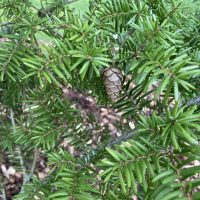
Ten species of hemlock (Tsuga) are found across North America and Asia. When young, all species have a tell-tale drooping top or leader. The largest species, Western Hemlock (Tsuga heterophylla), is a common forest tree in the lowland Northwest. A popular landscape tree, Mountain Hemlock (Tsuga mertensiana) is native to higher elevation forests of the Northwest. Check out some of the other hemlocks in the Arboretum collection!
Read moreSeven Urban Park Organizations Selected for Central Park Conservancy Institute for Urban Parks 2022 Partnerships Lab
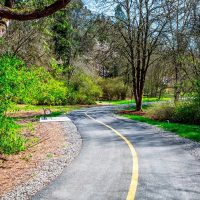
We’re excited to share the news that UWBG, the Arboretum Foundation, and Seattle Parks & Recreation have been selected to participate in the Central Park Conservancy’s 2022 Partnerships Lab program!
Read moreThe Monthly Dirt 2.9.22
2.9.21
Around The Farm
by Dannette Lombert, UW Farm AmeriCorps Member, Food Security Lead
The Benefits of Crop Rotation
Often times people ask organic farmers “How do you deal with pests?”, “How do you take care of the soil?”, or “How do you manage plant disease?” and there is a simple answer for that: Crop Rotation.
Crop Rotation is an age-old agricultural practice that involves changing the crop on a piece of land consistently, over time, as seen in the image below.
UW Farm Monthly Dirt: Kale and Peanuts Pesto Recipe
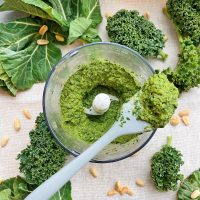
Tired of just salad or sautéing your kale? What about some bright, nutty kale and peanuts pesto? Made with just a few simple ingredients you probably already have in your pantry. Super quick, super easy. All you need to do is to whizz everything together. It goes well with pasta, bread, pizza, sandwiches, and more!
Read moreBark for Midwinter Interest
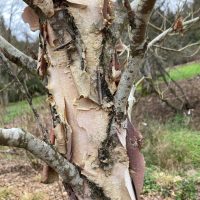
1) Betula nigra River Birch
Native to the eastern U.S., B. nigra typically inhabits the banks of ponds and waterways, often where the ground is inundated for several weeks at a time.
In stark contrast to other white-barked species, trunks of B. nigra are often forked very low and are covered with large flakes of curling, blackish bark.
This tree can be found along Arboretum Creek, just east of parking lot #19 (the ‘Birch’ lot).
Scientific Print-making: An Interdisciplinary Program at UW Botanic Gardens
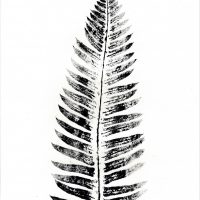
As humans, our brains are hardwired to see patterns in the world around us. These natural patterns can be found everywhere, from within plants and animals to the laws of physics and mathematics. Both sciences and the arts can help us understand the world around us. In the United States, these disciplines are traditionally taught separately from each other. But more recent educational practices like STEAM (Science Technology Engineering Arts and Maths) are about learning about these topics in an interdisciplinary way by using cross-disciplinary skills like observation, critical thinking, and problem-solving.
Read moreFebruary 2022 Plant Profile: Fine Foliage of Large-Leaf Rhododendrons

The species of Rhododendron in the subsection Grandia are all native to southeast Asia, though they blend into our PNW conifer and mixed forests magically. Now is an excellent time to come visit these amazing plants in the Washington Park Arboretum before the distraction of so much color enters the world.
Read moreLunar New Year and the Legend of the Mai Flower
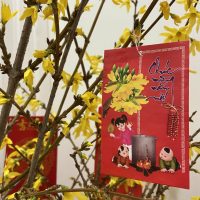
Each country has its own traditions associated with the new year. For Vietnamese families, we love to decorate our homes with the yellow Mai flower (Ochna integerrima). As if on cue, the buds push forth an explosion of delicate golden flowers during the days leading up to Lunar New Years, called Tết in Vietnamese. Read more about the legend surrounding the beautiful Mai flower.
Read more